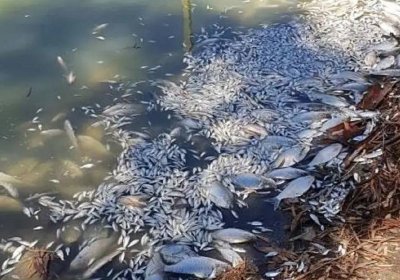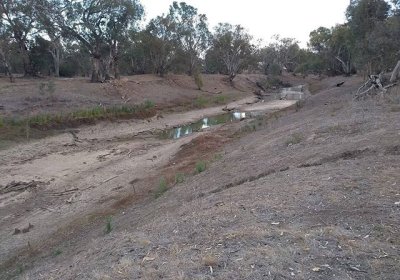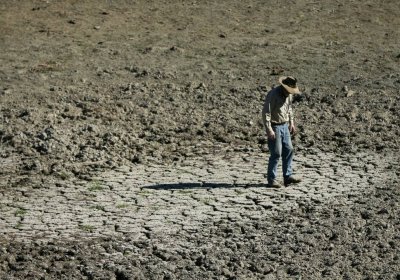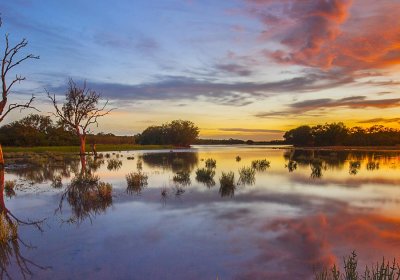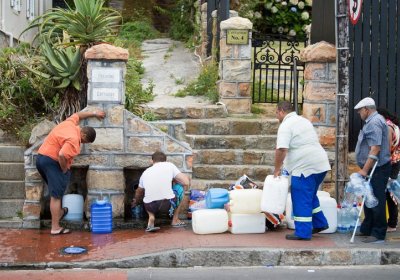Politicians and bureaucrats have launched endless inquiries in an effort to appear to be dealing with the water crisis in New South Wales. Yet these same bureaucrats have been very slow to implement any of the recommended reforms and few steps have been taken to deal with the mismanagement, water theft and corruption that led to this crisis, writes Elena Garcia.
Water
The New South Wales government is robbing communities of precious water by siphoning it off for cotton farms and coal and gas mines. It is doing so as the climate gets warmer and drought becomes more frequent.
Queensland is suffering through a severe drought. Despite this, federal environment minister Melissa Price decided in September not to apply the “water trigger” assessment on Adani’s proposal to extract river water for up to 60 years, expand a dam and build a pipeline to transport the water to its mine.
The federal Coalition government is so keen to assist Adani with its mega coalmine project, it is breaking its own laws to do it.
Rural Australia is again reeling from drought. Elena Garcia, a regenerative grazier and land manager, argues that governments will continue to fail farmers as long as they refuse to acknowledge the underlying cause — climate change.
Farmers cannot get the dole. However, if they are drought declared they and their partners can apply for the Farm Household Allowance (FHA). This has just been increased from a maximum of three to four cumulative years out of every seven, no matter how long the drought lasts.
The Clean Water manifesto was drafted following recent discussions at an anti-CSG workshop in Chinchilla and online among a number of farmers.
In April Adani applied to the federal Department of Environment and Energy to expand a dam by 450% and build a pipeline for its Carmichael coalmine, without an assessment under national environment laws.
The federal government reached an agreement with the Labor opposition to pass amendments to the Murray-Darling Basin Plan (MDBP) on May 8, effectively ensuring less water will flow to the environment in the southern basin.
The deal sidelined negotiations with cross-bench Senators and scuttled a move by the Greens to request a disallowance motion for the vote because of environmental concerns.
Lovers of the Murray and Darling rivers gathered outside Victorian Parliament on March 7 to call on Premier Daniel Andrews and Water Minister Lisa Neville to save the Murray-Darling Basin Authority’s Basin Plan.
Cape Town — in which some of Africa’s most affluent live — is rapidly running out of water. Population growth and a record drought, exacerbated by climate change, are creating one of the world’s most dramatic urban water crises.
The Murray-Darling Basin Declaration was signed on February 5 by 12 eminent scientists and economists — Quentin Grafton, Darla Hatton MacDonald, David Paton, Graham Harris, Henning Bjornlund, Jeffery D Connor, John Quiggin, John Williams, Lin Crase, Richard Kingsford, Sarah Ann Wheeler and Richard Davis — who are concerned that the current Murray-Darling Basin Plan is not working.
* * *
- Previous page
- Page 6
- Next page
